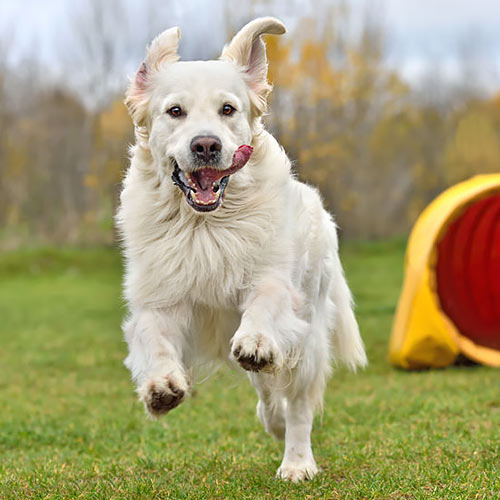How the police dog is trained matters greatly. Great police dog training will enhance the team while poor training habits will weaken the team. Just like muscle memory in firearms training, both the handler and the dog will resort to the habits that have been developed in training, whether good or bad, whether helpful or hurtful, whether safe or unsafe.
Develop solid, safe habits in police dog training.
Don’t let the dog become bored. If you’re bored, the dog will be bored. A good trainer can enrich training days by mixing up the itinerary, location, and situations. If possible, perform your in-service training with a trainer that has a mind to helping each team – not one who “just there for the money.” You’ll reap the benefits putting your team through sufficient exercises to keep yourself and your canine partner on your toes.
Don’t just “show up” to training because it’s required. Put yourself into it! Get your dog excited about the training venue. While it is true that dogs can sense whether it’s a true-blue vehicle search or another boring training session, dogs can become jaded with the same scenarios/locations and begin to lose ground in their performance level. This low level of performance can show itself in false positives – either in training or on the street. Your enthusiasm in training will be contagious to your dog – not to mention the other officers you train with. Reward the dog with excitement – each time he/she is rewarded. Keep it as positive and rewarding as possible.
“Bite” dogs who are permitted to blow by a call-off in training will typically ignore your call-off on the street as well. It’s not just another training day; it’s imprinting your dog that each command is important. The same goes for the “out.” Lackluster performance on training day should concern the serious K9 handler. See to it that your training program includes solid problem solving.
Developing solid habits in the police dog training venue will show itself on the street. Train hard. Train correctly. Train to improve – not merely to just “show up.” You will notice a marked difference in the team’s performance level on the street and in the field.

